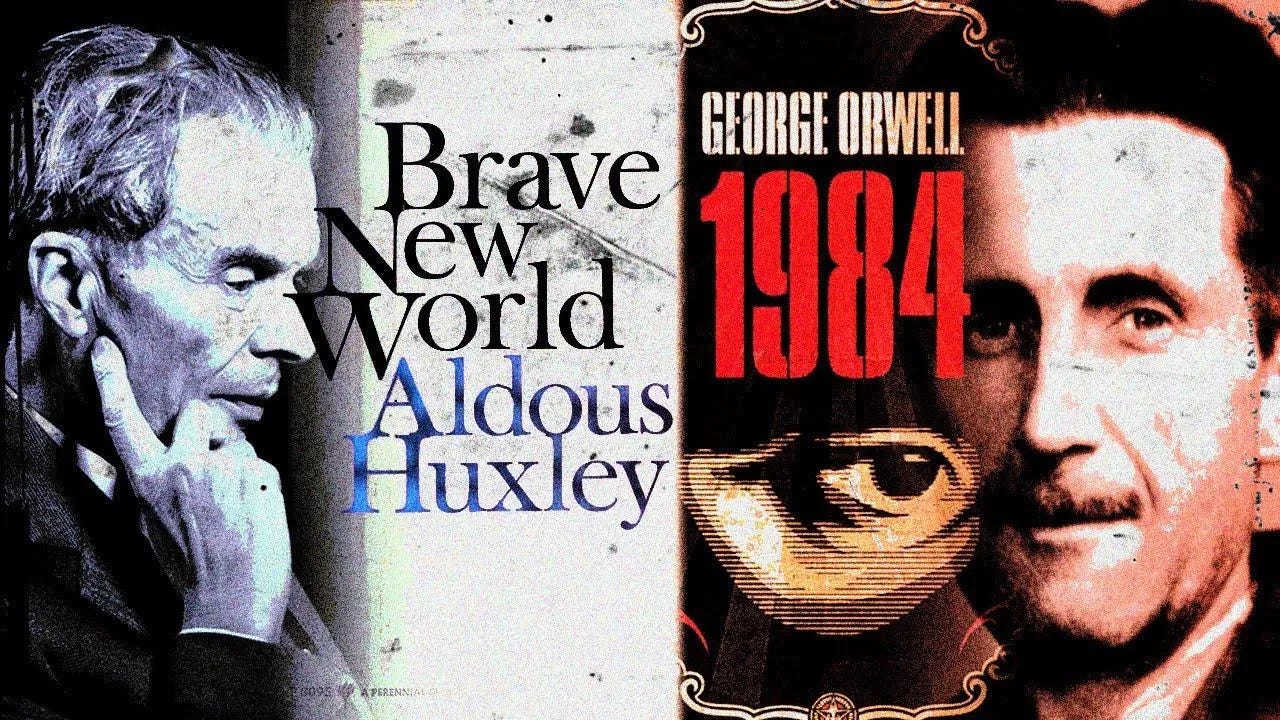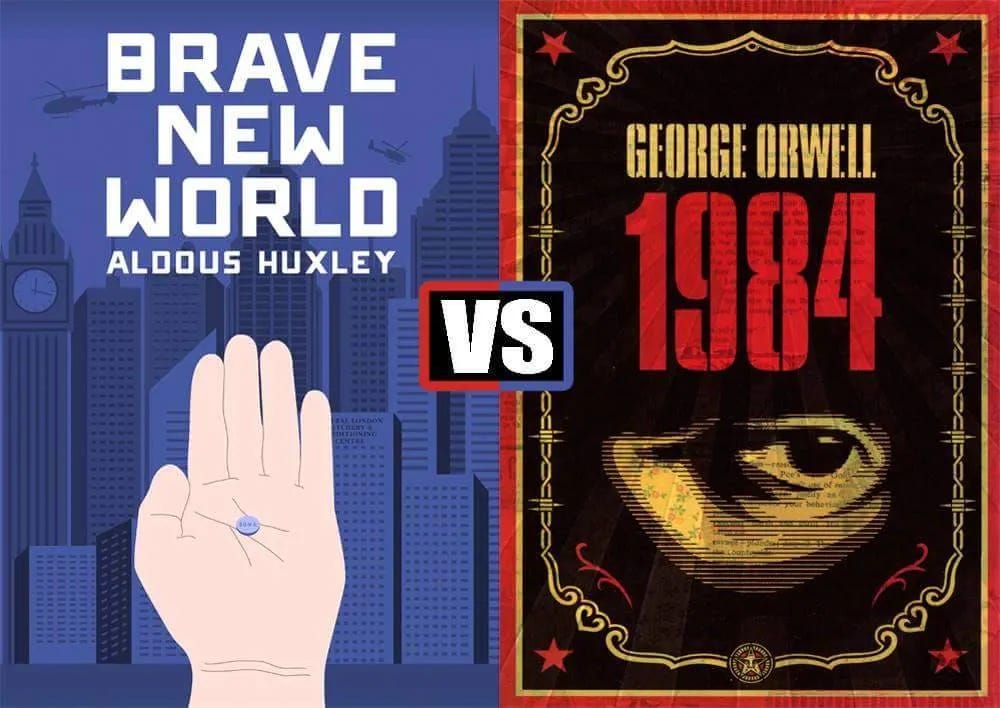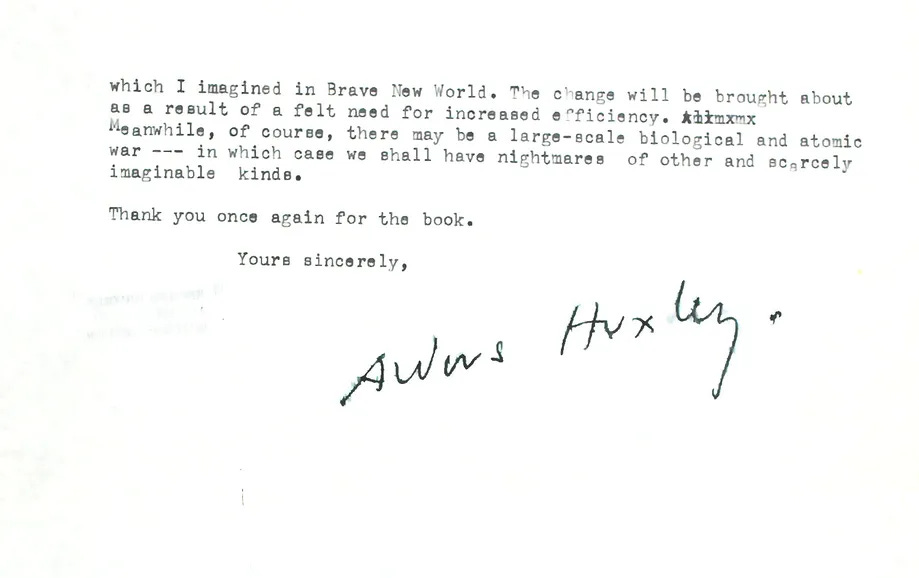In my newly released course, An Unorthodox Truth to our Reality, I discuss how our perception of reality has been distorted. We've been given a scientismic, materialistic view of reality when, in actuality, there's this mystical, magical, somewhat unorthodox view of nature and reality.
Arjun Walia’s article on the elite and dark magic is a very profound and insightful piece on how this unorthodox view of reality, and themes such as magic, can have real-world implications.
One technique I consider a form of magic is the technique of predictive programming. In this article, I discuss how predictive programming has been used in our society. In my article on climate change, we read that:
"Predictive programming is a subtle form of psychological conditioning provided by the media to acquaint the public with planned societal changes to be implemented by our leaders.
If and when these changes are put through, the public will already be familiarized with them and will accept them as natural progressions, thus lessening possible public resistance and commotion."
– Alan Watt.
I've realized that the arts - music, literature, and movies - play a vital role in predictive programming. Using the ancient practice of mimesis, the arts place these "planned societal changes," such as a dystopian future, as images into the psyche of the population. For example, multiple movies feature this dystopian future. iRobot is one example, harping on transhumanism, Ready Player One, and its screen-based virtual reality society.What Happened to Monday and its climate change fiasco, and finally, The Circle and the concept of complete and utter mass surveillance.
As moviegoers, we watch these movies and leave ecstatic because the hero won and the day was saved, but that's not the point of the illusion. The fact is that for three hours, you've been introduced to a dystopian future. So whether the bad guy won or lost, the dystopian future is still established in your psyche. A fascinating topic is how the novels of HG Wells and the movies of Staley Kubrick, both in the 1900s, introduced for the first time the population's psyche to this "galactic" idea known as "space" before we actually "explored space."
So today, we're going to examine two of the biggest novels in American History that have recently gained notoriety. These two novels have such profound elements of predictive programming in them that they mirror a possible dystopian reality in the current world that we live in. These literature pieces are Aldous Huxley's Brave New World and George Orwell's 1984.
These two novels share a similar theme: the ruling class has total control over the masses. With both books being different but somewhat similar, there was some contention as to who, Huxley or Orwell, would be right. So much so, in fact, that Huxley sent a letter to Orwell telling him why Brave New World was the superior novel.
I recommend watching the three-hour movie Brave New World on YouTube because, as corny as it is, it paints the future that we live in.
And so, in this series, we'll first start by exploring that letter from Huxley to Orwell as to why Huxley was superbly right but, more so, how he was more accurate in his prediction. We'll show how Huxley blatantly calls out his knowledge of unorthodox topics such as hypnotism and combines them with leading scientific studies of the time. This combination of unorthodox and orthodox views painted for Huxley the true nature of reality and ultimately gave him the upper hand.
In part two of this series, we'll discuss how Huxley's literature piece came to fruition. And then, finally, in part three, we'll close on reviewing these so-called unorthodox topics and how to apply them in our daily lives. In my upcoming book, I argue that magic is a form of nature, and anyone can use it.
Arjun Walia introduces us to the concept of black magic and white magic. I want to introduce the reader to the idea of using magic on our behalf because, for one, whether we agree with the idea, notion, or possibility, magic is being used against us.
Magic is a very loose term that covers everything from miracles to spirituality, which we'll briefly explore in this series, but more importantly, magic is the only way we can survive and thrive in the society they're currently building.
So first, let's take a travel through time. The year is 1949, and after receiving a copy of 1984 from George Orwell, Huxley sends Orwell a thank you letter. Here we'll examine the letter and pick up the insights between these two individuals.
The Letter
Huxley starts by giving Orwell cordial flattery, such as how excellent the book is. But after a few lines of flattery, he dives right into the heart of the matter. From the letter, we read the following from Huxley:
"Agreeing with all that the critics have written of it, I need not tell you, yet once more, how fine and how profoundly important the book is. May I speak instead of the thing with which the book deals — the ultimate revolution? The first hints of a philosophy of the ultimate revolution — the revolution which lies beyond politics and economics, and which aims at total subversion of the individual's psychology and physiology — are to be found in the Marquis de Sade, who regarded himself as the continuator, the consummator, of Robespierre and Babeuf.”
What I found very interesting about this aspect of the letter was that Orwell and Huxley appear to be on the same team. They fit the analogy of individuals known as “Machiavellians.” Named after Niccolò Machiavelli, the idea derives from his work, "The Prince." From Wikipedia, we see that:
"Machiavelli's Prince has been surrounded by controversy since its release. Some consider it to be a straightforward description of political reality. Others view the Prince as a manual, teaching would-be tyrants how they should seize and maintain power. Even into recent times, some scholars, such as Leo Strauss, have restated the traditional opinion that Machiavelli was a "teacher of evil."
Machiavellians were individuals who understood society, understood that there was an oligarchical ruling class, and looked to help that elite class. And we get that sense from Orwell and Huxley in this letter because it appears that both individuals are headed towards what's known as the ultimate revolution.
Interestingly, we're talking about Orwell, who also wrote the book “Animal Farm.” These books, Animal Farm, 1984, and Brave New World, which we had to read from public education, all have a specific theme. YouTuber Michelle Gibson has a great analogy about these books.
What's also interesting about this ultimate revolution are the founding fathers that Huxley mentions. I was unaware of these individuals, so doing a quick research on them, I found that they were actually very sadistic. It's certainly odd that Huxley and Orwell, in this communication, appear to look positively at these individuals, but then again, this machiavellian class seems to have a different view of reality than the rest of the population.
Nevertheless, returning to the letter, Huxley informs Orwell why he's doubtful that the world of Orwell's 1984 would come to fruition, but then Huxley hints at a new discovery that he's found. From the letter, we read the following:
“My own belief is that the ruling oligarchy will find less arduous and wasteful ways of governing and of satisfying its lust for power, and these ways will resemble those which I described in Brave New World. I have had occasion recently to look into the history of animal magnetism and hypnotism, and have been greatly struck by the way in which, for a hundred and fifty years, the world has refused to take serious cognizance of the discoveries of Mesmer, Braid, Esdaile, and the rest.”
Throughout the research on my book, I came across the physician Franz Mesmer and his work on animal magnetism and hypnotism. Most individuals know Nikola Tesla, but no one seems to have heard of Mesmer.
From my manuscript, we read the following;
As we go throughout history and come upon the Post-Enlightenment mark, which is around the 17th and 18th centuries, we'll start closer to the end of the 18th century with a German physician named Frank Anton Mesmer. Mesmer's contribution to magic was his healing practice called "animal magnetism," a "fluid" that connected all living things. From Radin, we read the following:
Mesmer's idea was similar to Paracelsus's "cosmic fluid" or archaeus, the yogic concept of prana, the Chinese chi or qi, the Lakota tribe's wakan, Greek philosopher Pythagoras's pneuma, Austrian psychotherapists Wilhelm Reich's orgone, and so on. The concepts of a living or "vital force" permeates the esoteric traditions.
Mesmer's fluid and healing practices weren't just for show; they had real-world applications. So much so that he became widely popular. So popular that the French Academy of Sciences (chaired by the American Benjamin Franklin) investigated him in 1784. After the investigation, there wasn't any evidence for this fluid – but the medical effects were real.
So Huxley is very familiar with Mesmer's work on animal magnetism. He states that since no one takes these concepts seriously, the ultimate revolution was not accomplished earlier - actually, it was delayed by "five or six generations." Huxley goes on to say that the lack of individuals like Sigmund Freud being unable to prove hypnotism led to more people not taking it seriously and ultimately delaying the ultimate revolution. However, this opportunity has fallen into his lap.
To show how small but powerful this machiavellian class is, Sigmund Freud is Edward Bernays’s uncle, whom I mention in multiple articles. Bernays is the father of propaganda, which he transitioned into public relations. Bernay’s great-nephew is Marc Randolph, co-founder of Netflix.
Huxley is hopeful, and he's hopeful because technology has caught up to make Mesmer's work possible. Staying with the letter, we read the following:
But now psycho-analysis is being combined with hypnosis; and hypnosis has been made easy and indefinitely extensible through the use of barbiturates, which induce a hypnoid and suggestible state in even the most recalcitrant subjects.
Within the next generation I believe that the world’s rulers will discover that infant conditioning and narco-hypnosis are more efficient, as instruments of government, than clubs and prisons, and that the lust for power can be just as completely satisfied by suggesting people into loving their servitude as by flogging and kicking them into obedience.
In my course, I mentioned that we must understand that the word "government" is a fancy word for this ruling class that controls (govern-) the mind (-ment) of the population. Huxley, as a machiavellian, knows this, and he's realized that with his study of unorthodox topics and their knowledge, he can significantly assist in accomplishing the ultimate revolution.
This letter was written in 1949, 73 years ago. It's time to look to see if Huxley's predictive programming book and this dystopian future came to a realization. Interestingly, in his letter, Huxley states that a large-scale biological war or atomic event would need to occur to make things more efficient. This "unifying event" is what we'll be discussing next.
This concludes Part I of The Brave New World of 1984. You can find Part II here and Part III here.








Dear Mr. Lindemann: You are right! Apparently, Mr. O'Kanu removed the part where he said he had never heard of the Marquis de Sade. That is ironic, isn't it?
Mr. O’Kanu,
I am a little disappointed that you never heard of the Marquis de Sade, from whom the word “sadism” was coined.
Acupuncture is a wildly available medical treatment based on the manipulation of invisible energy. Homeopathy is a common treatment in which the stronger the medicine, the less amount of active ingredient it contains, having been diluted and shaken to a point where only the “essence” (or invisible energy) of the ingredient remains.
This is just to point out that the use of “magic” for healing is ordinary among a subset of Americans, although they probably wouldn’t like that word.